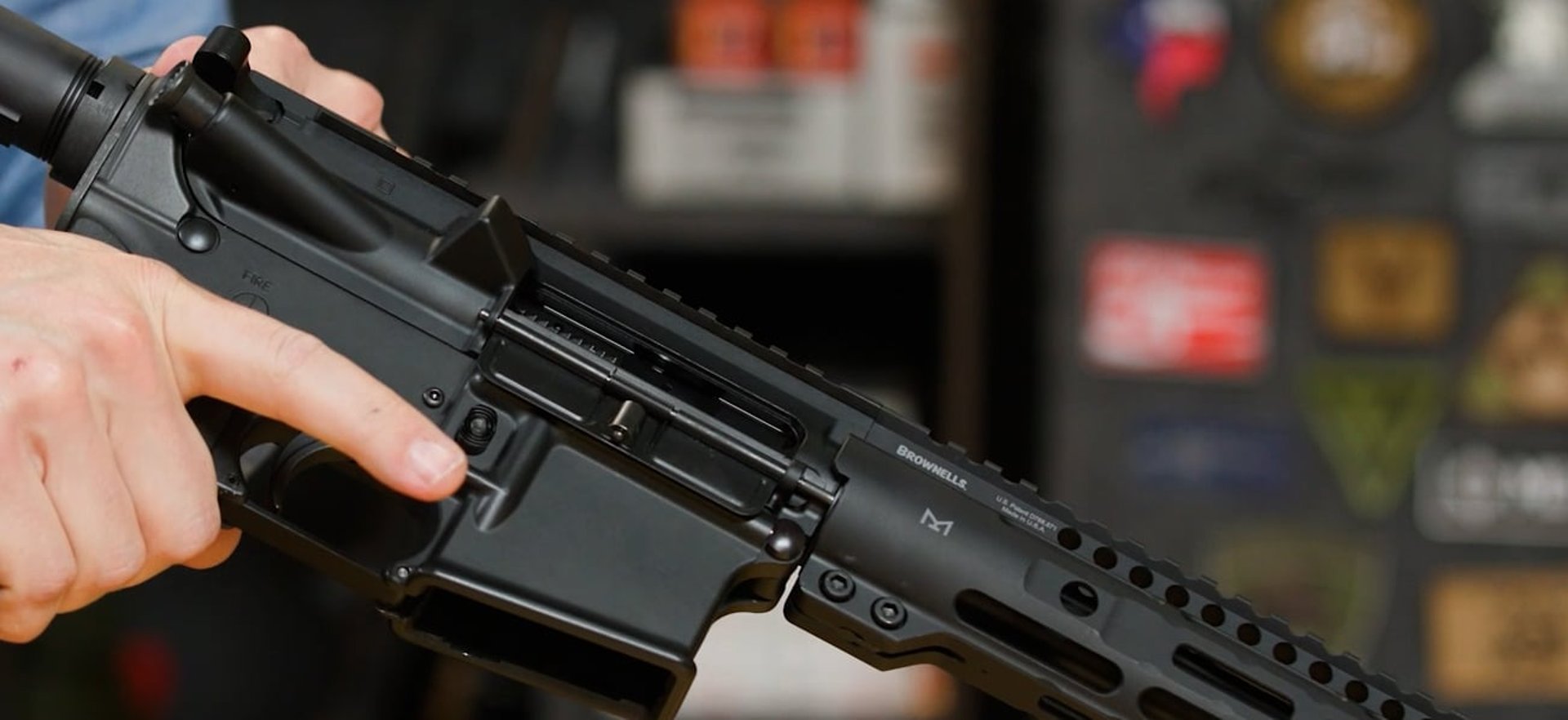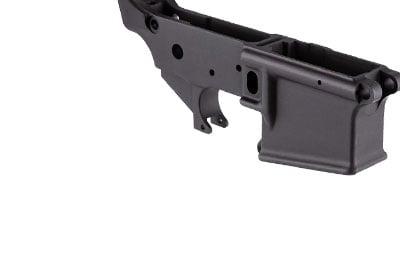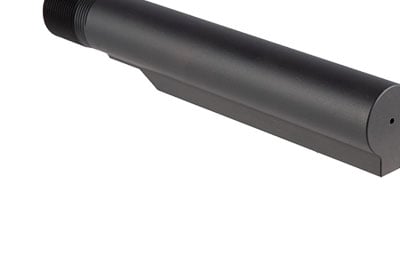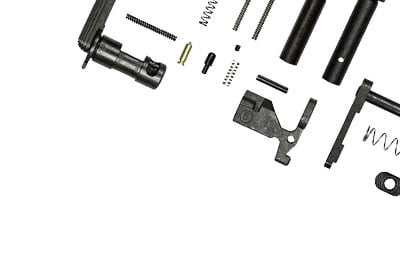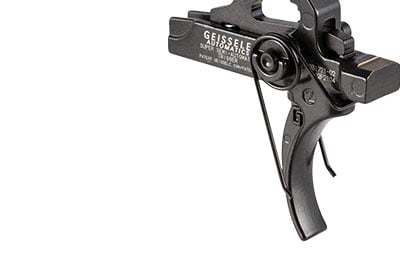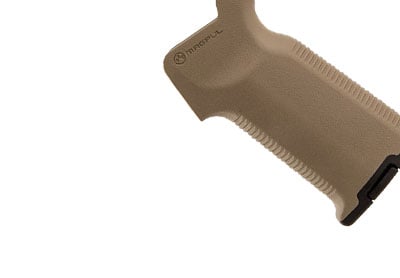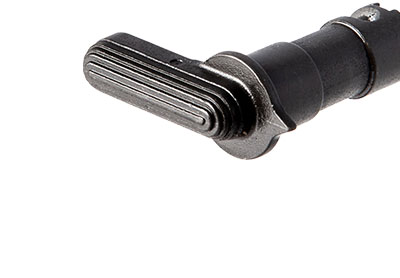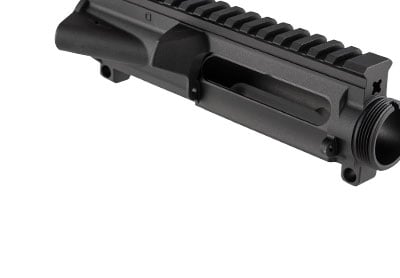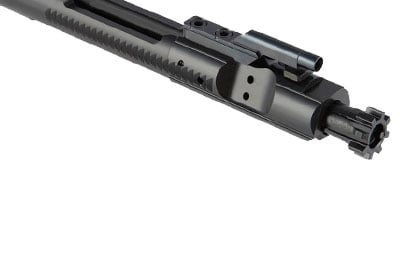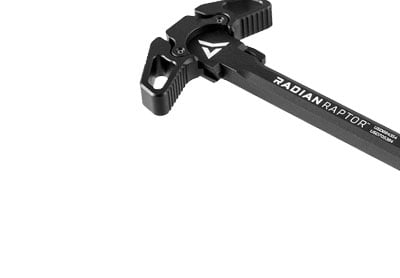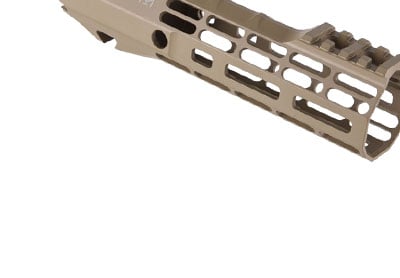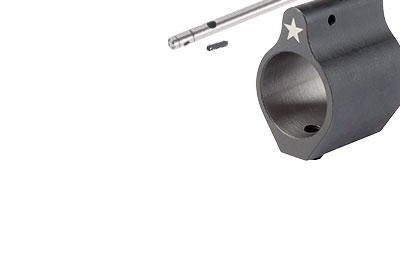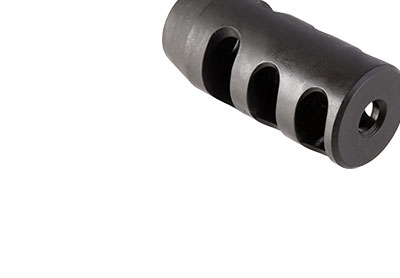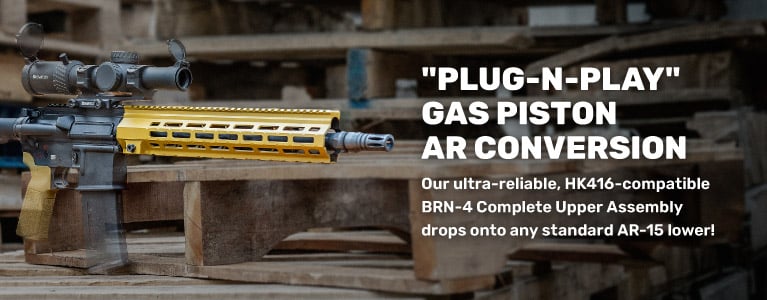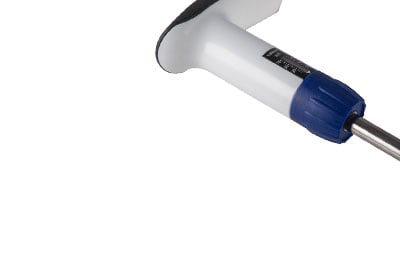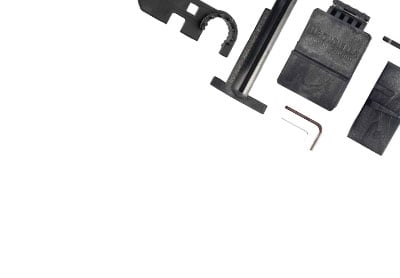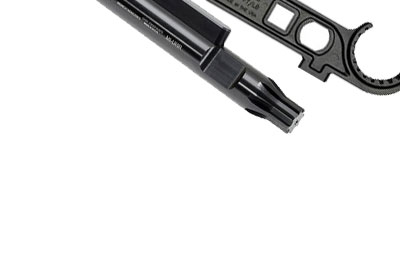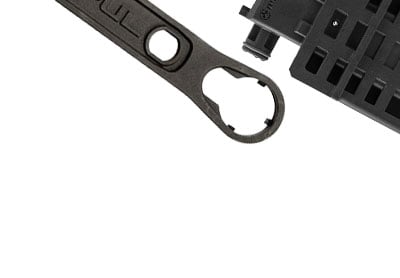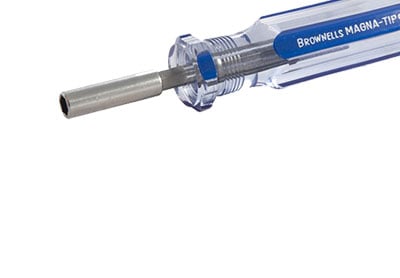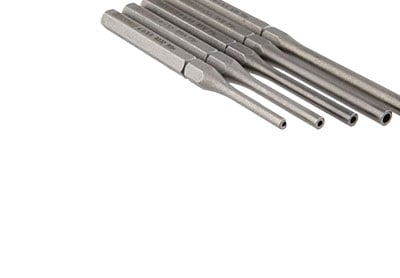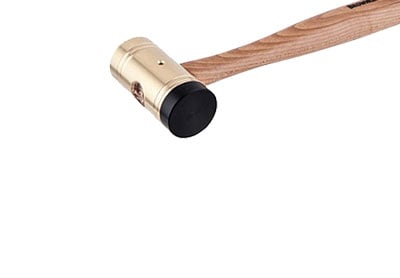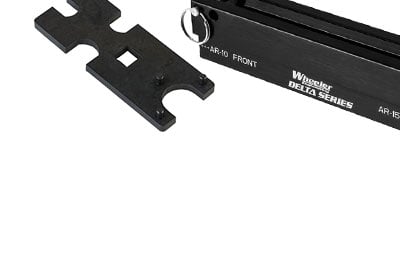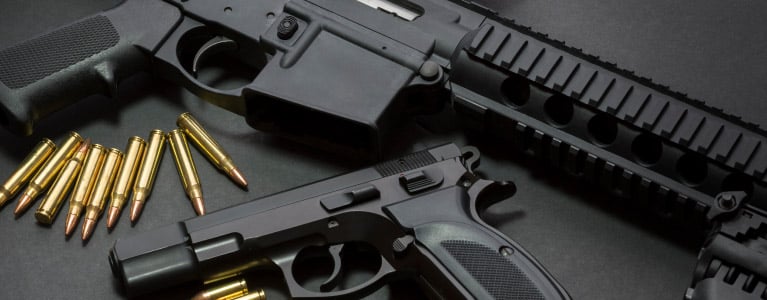How to Build An AR-15: Your AR Build Made Easy
Introduction: Your AR-15 Build Made Easy
Welcome to our video series designed to show you how to build an AR-15 step-by-step. Your host is Brownells Gun Tech™ Caleb Savant, who is going to walk you through the installation of each part on the rifle. He'll also help you select all the parts and tools you'll need for your build. In this first video, he explains how the interactive menus in these videos work and how you can view only the parts that apply to your rifle build. Let's get started!
Starting the Build: Assemble the Lower Receiver
The lower receiver is both the foundation of your AR-15 and its "brain" because it houses the rifle's fire control system, the other controls, and the magazine. The most "personal" parts of the rifle are the stock, pistol grip, and trigger because these are the main points of contact between you and the gun when you shoot it. One of the big benefits of learning how to build an AR-15 is that you'll know how to change and upgrade these parts any time you need to. You can buy each of the small internal parts separately or get a one-stop pre-packaged lower parts kit with everything you need. This video covers installation of the magazine catch, bolt catch, triggerguard, pivot/takedown pins, receiver extension (rifle and carbine), trigger (multiple parts or a drop-in module), safety selector, pistol grip, and the stock.
Lower Parts:
Completing the Build: Assemble the Upper Receiver
The next step in learning how to build an AR-15 is to assemble the upper receiver. If the lower contains the brain of your rifle, the upper contains its heart, the bolt/carrier group. Assembling the upper is where a lot of first-time AR builders make mistakes, so here's some good news: Caleb shows you how avoid those mistakes and assemble the upper correctly the first time. He kicks it off by installing the ejection port dust cover and forward assist on a stripped receiver. Then he checks headspace and installs the barrel, followed by the gas block, handguard, muzzle device, and bolt/carrier group. Then it's the Moment of Truth: mating the upper assembly to the lower, followed by installing basic but serviceable "iron" sights. Finally, he shows us how to lubricate the moving parts.
Upper Parts:
Hit the Range: Test Fire & Troubleshoot
Here's where the rubber meets the road. You've learned the basics of how to build an AR-15, you've assembled your rifle, and now it's time to take it to the range and see how it shoots. Ideally, it purrs like a kitten and dumps its groups on the target in one ragged hole. But an AR-15 is a mechanical device, and sometimes the parts don't work together perfectly at first. Caleb covers problems with the bolt catch, safety selector, trigger, and magazine. He also explains how to fix the bolt failing to chamber a round, double feeds, failure to fire, spent cases not ejecting, failure to feed the next round into the chamber, trigger not resetting, double/runaway fire, and the bolt not locking back on an empty magazine. These are all common problems, and Caleb walks us through the process to fix each one.




